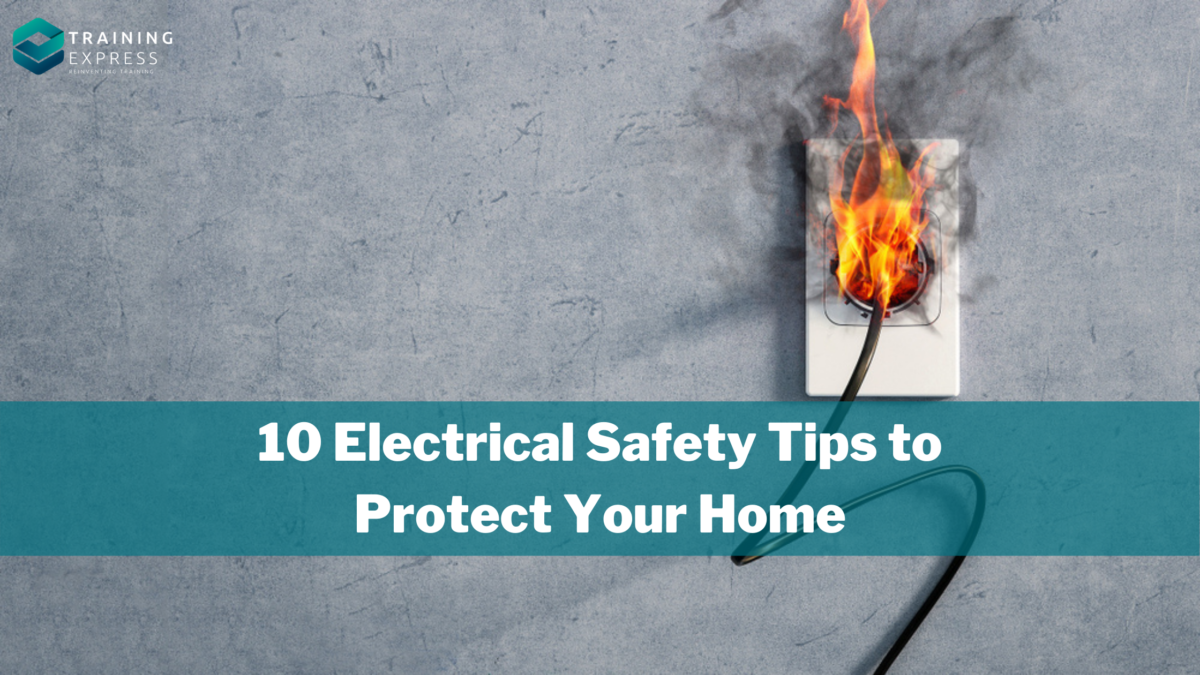Faulty wiring is a very common scene in old urban houses. Technicians most of the time fix things just to make things work. As a result, many openings for potential hazards to strike.
By faulty wiring, we mean the bad conductance of electricity to the electrical appliances. It happens from damaged electrical outlets or worn out sockets that are not grounded.
Loose, frayed, cracked, or overheated wires are unable to conduct electricity safely. This often leads to a fire breaking out.
